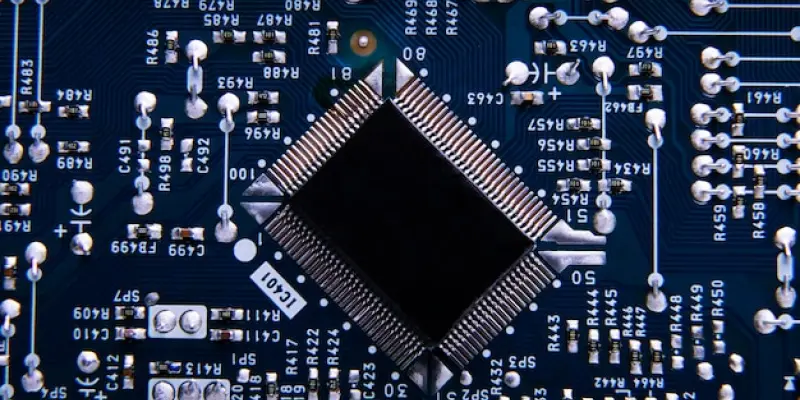Intel’s Raptor Lake CPUs have been the subject of scrutiny following the Vmin Shift bug, a critical issue that poses potential risks of permanent damage to 13th- and 14th-generation processors. Despite the passage of time, thousands of users have reported episodes where their CPUs crash during idle periods or while executing low-intensity tasks. The fault lies in microcode errors compounded by elevated power settings leading to unsafe voltage levels. The company’s recent endeavor to counteract this dilemma with microcode update 0x12F sparks anticipation and cautious optimism among tech enthusiasts and users. This update, launched with the promise of stability and the prevention of performance degradation seen in prior patches, represents Intel’s latest assurance in safeguarding its processors from further harm. Understanding the significance of adopting recommended voltage settings for these CPUs, users are urged to explore options for ensuring their devices’ longevity.
Addressing the Vmin Shift Bug
Microcode update 0x12F aims to rectify the issues associated with the Vmin Shift bug that has plagued Raptor Lake CPUs. While earlier updates such as 0x125, 0x129, and 0x12B offered partial resolutions, they fell short in repairing CPUs that were already compromised, requiring the replacement of affected units. This critical patch symbolizes Intel’s dedication to resolving outstanding flaws while minimizing adverse effects on performance, a concern linked with the 0x12B update. Users of Raptor Lake CPUs are encouraged to adhere to recommended voltage settings, significantly reducing the risk of damage caused by unsafe voltages. Intel’s proactive stance in extending warranties by two years until 2027 or 2028 for the oldest models highlights their commitment to ensuring user trust in these solutions. Contract terms have been adjusted accordingly, solidifying Intel’s response to this challenge and emphasizing the importance of regular BIOS updates to maintain the patch’s efficacy.
Future Implications for Raptor Lake Users
The release of update 0x12F is a testament to Intel’s attentiveness to user feedback and the ongoing improvement of its products. With comprehensive support strategies in place, users can count on stable operation and enhanced processor capabilities without compromising safety. Intel advises users to keep an eye on upcoming BIOS updates from motherboard manufacturers, which are vital for integrating this solution properly. Monitoring these updates regularly is key to ensuring processors function at their best. The substantial intervention required to address the Vmin Shift bug highlights Intel’s commitment to a stable future for Raptor Lake users. This dedication to customer satisfaction and product excellence positions Intel as a leader in a competitive market, delivering both innovative and reliable solutions to users worldwide. By establishing high standards, Intel maintains its reputation for delivering cutting-edge technology with steadfast reliability, meeting the challenges of ever-evolving tech demands.

